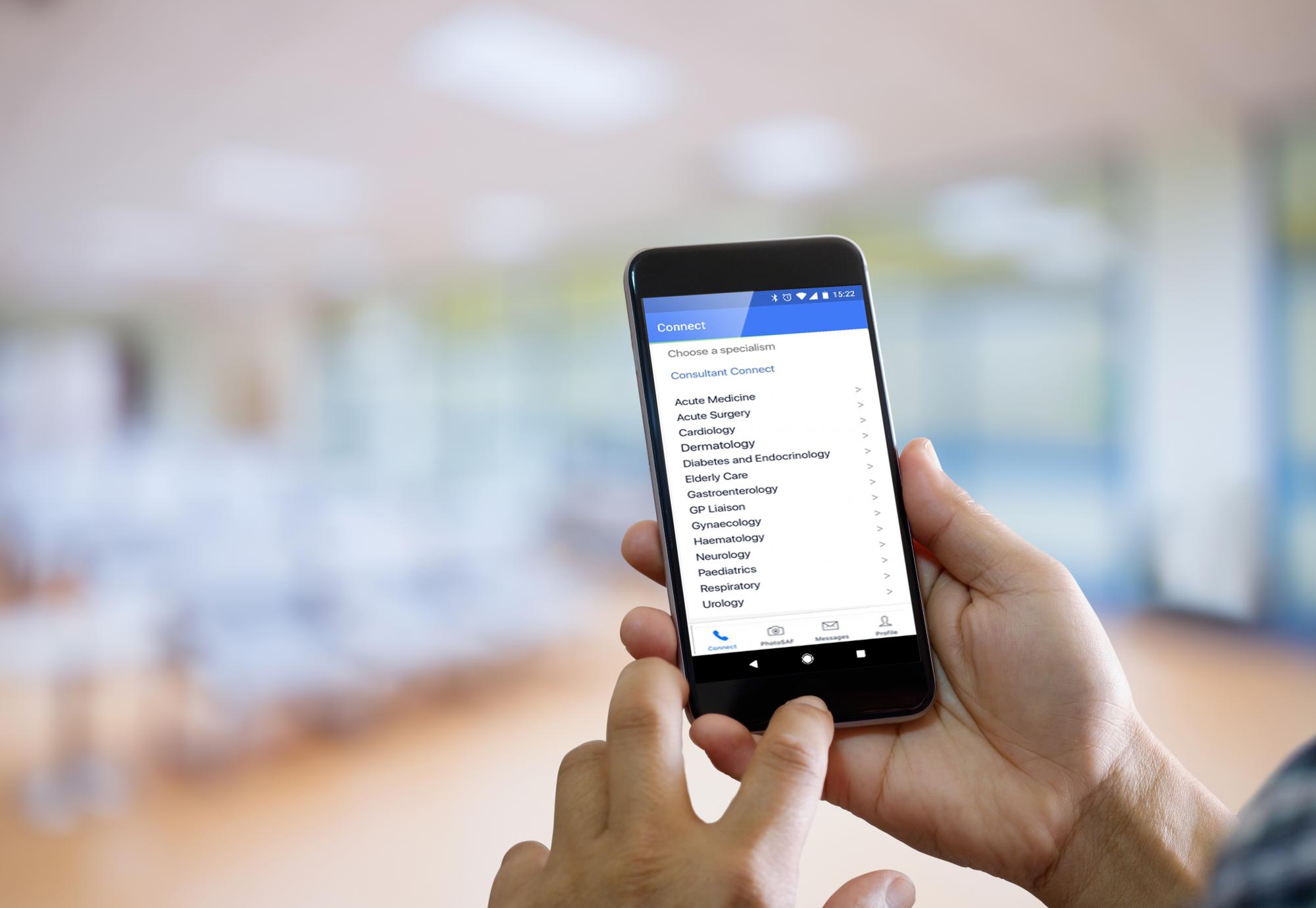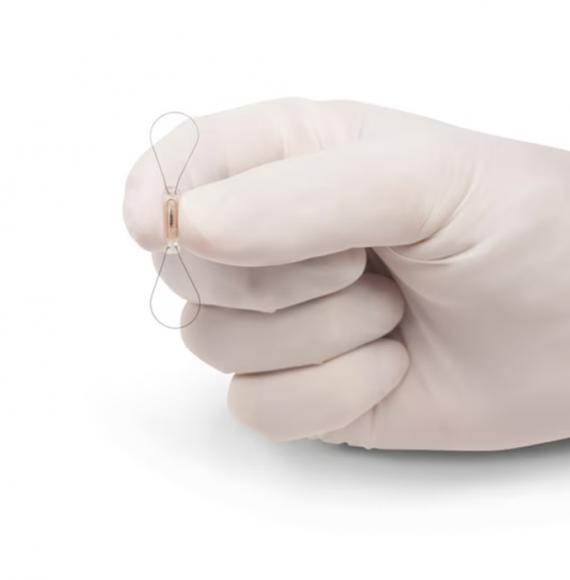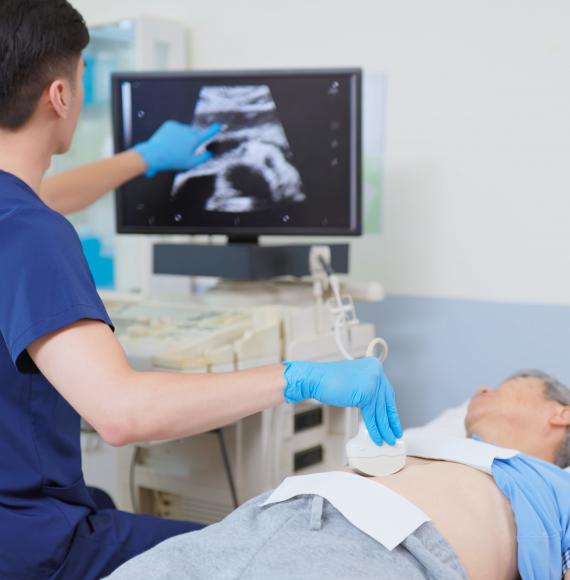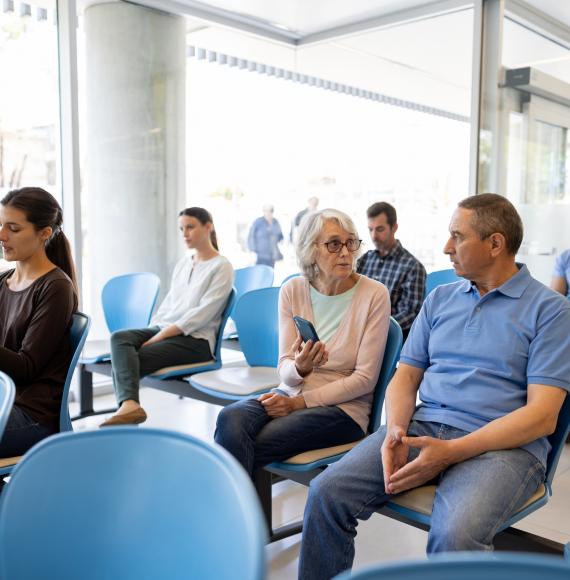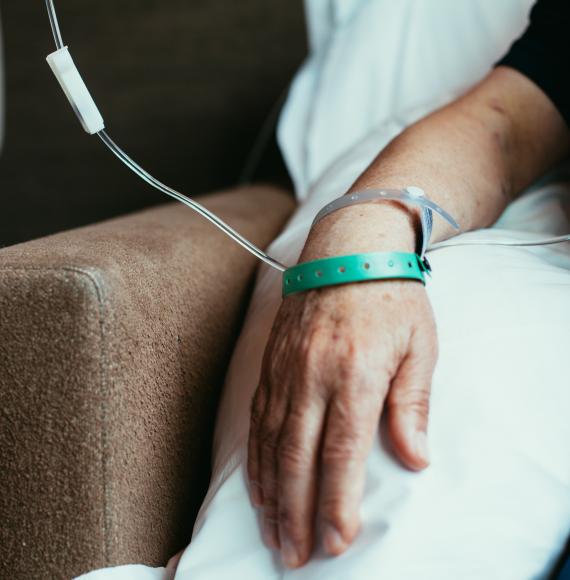Recently the HSJ reported a significant ‘summer pressure’ in urgent care. Firstly, A&E attendances are now running well above seasonal levels. Secondly, attendances are particularly high among children.
Your NHS area’s strategy for this challenge will have to be wide-ranging. At the heart of it will be the need to ensure that only those patients who need to be seen face-to-face by a clinician attend their GP practice or hospital. A good place to start is communications and that’s where we can help. Your guiding principle should be “talk before you walk”. Here’s why:
- It has an immediate impact – because you’re discussing patients who would be admitted or conveyed immediately, every call has an impact on patient flow and conveyances.
- It can be quick to roll out – with no hardware or software barriers to hold you up your Consultant Connect project can be rolled out in under 2 weeks.
Talk before you walk – a starter strategy
Enable joint decision making
Since October 2018 GPs, paramedics and junior doctors in Tayside have had rapid telephone access to emergency consultants at Ninewells Hospital. The project is going from strength to strength and has been shortlisted for an award. (Read more about this project here: Urgent care: why joint decision making is so important for paramedics)
Patients ‘phone first’ – including in A&E
This is now common in GP practices, using patient conversations to decide who needs a face-to-face appointment and who can be supported by remote consultation. It’s not at all common in hospitals, though, where patients will turn up and wait at A&E.
Our project in NHS Lanarkshire has introduced a ‘phone first’ initiative with outstanding results. The ‘Patient Connect’ service was launched in December 2020 with the aim of getting patients (who are directed to attend hospital via NHS 24) the right care faster and the first time. Non-emergency patients that had previously been asked to attend an emergency department within one to four hours are now being asked to wait at home until they get a call back from a senior clinician. On average patients are being called back within 4 hours. Results to date:
- 1,431 calls to patients have been made since the launch
- 30% of calls result in the patient not having to attend A&E as a result.
If alternative options are better for the patient, for example a trip to their GP or pharmacy, they will be signposted, again saving them hours.

Provide NHS 111 with viable alternatives
The role of Clinical Assessment Services (CAS) and Clinical Support Desks has become more critical this year, as call handlers and paramedics work hard to find alternatives to A&E for patients.
One of the questions to get an early grip on is “who will provide the clinical advice”? You can provide direct telephone links to secondary care consultants for more specialist urgent advice using Consultant Connect.
Consultant Connect can also be used to provide 111 with direct telephone links to relevant community services. Read our ‘How to rapidly improve communication about patients in your NHS area’.
Once you know where the advice is coming from you can consider how you want the lines to be used. Whatever your approach, a 999 and 111 CAS will help to keep patients out of hospital.
Make your Advice & Guidance work for both urgent and non-urgent GP referrals
Advice & Guidance can be highly effective at preventing unnecessary hospital trips. During the pandemic, we saw a significant rise in patients avoiding a trip to hospital in areas where Covid-19 had hit the hardest. Advice & Guidance, via e-RS or Consultant Connect, means that many patients can get the input of a consultant into their care without a face-to-face appointment. It’s another “remote-first, talk before the patient walks” approach with obvious benefits.
We often find, though, that the NHS talks about urgent care separately from elective care when it comes to advice. We advise that you treat them the same. Put Advice & Guidance at the centre of the primary to secondary care communications process.

Our project in NHS South East London CCG is a shining example of this working in practice. For urgent care, there is no substitute for advice over the telephone if you are thinking of sending a patient in as an emergency.
Clive Moss, Senior Commissioning Manager, NHS South East London CCG, said: “From a commissioner perspective, Consultant Connect has provided savings to the local healthcare system, by enabling clinicians to make joint medical decisions across different healthcare settings and as a result, avoiding unnecessary emergency department attendances or potential inpatient admissions.
“More importantly, it has enabled patients quick and effective access to alternative hospital and community pathways, improving their care immensely.”
If you would like to discuss how we can help your NHS area, please contact us: [email protected] or 01865 261 467.

